Understanding the cartel violence in Baja California
Criminal gangs have caused chaos in several cities across Mexico

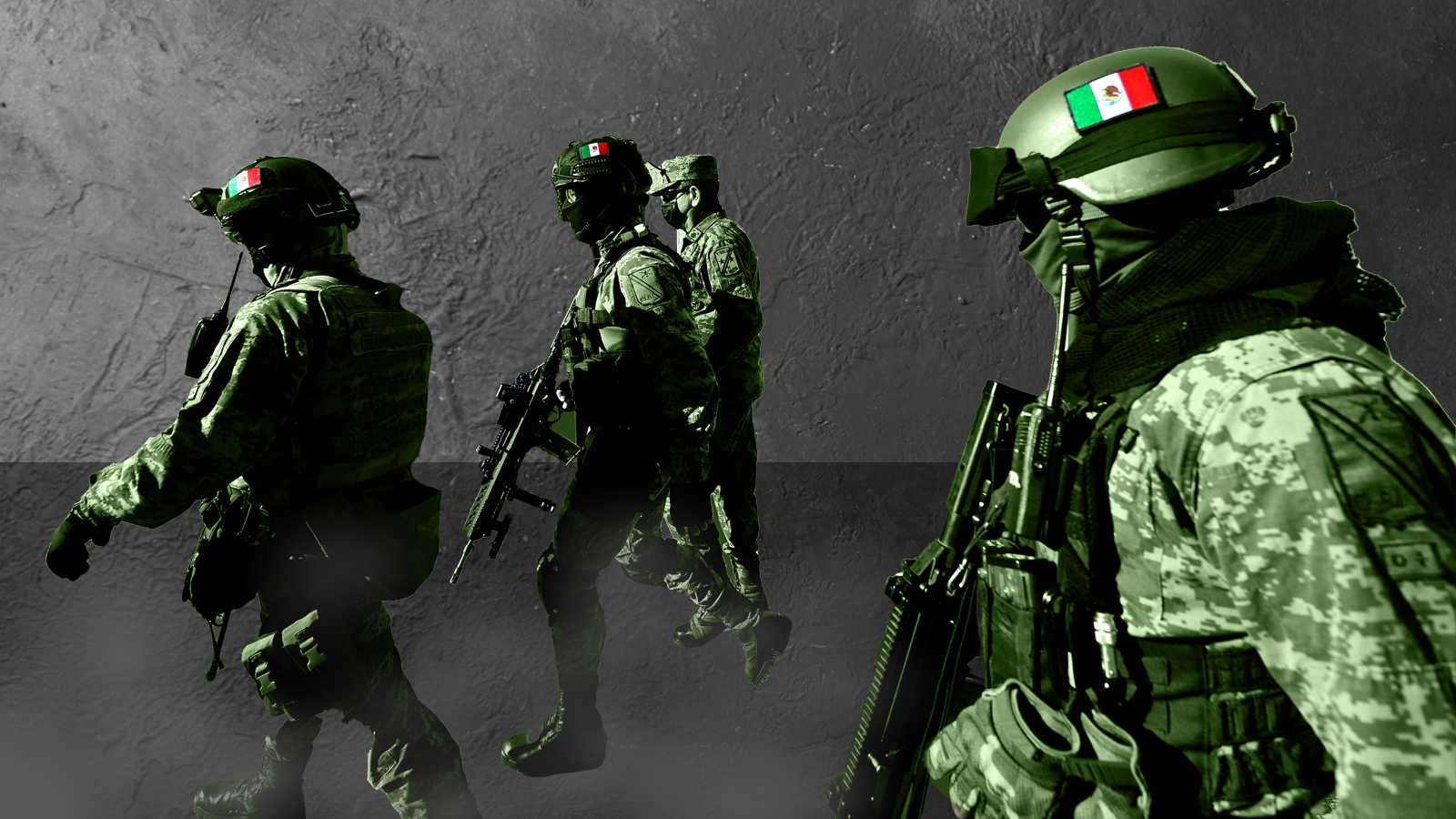
A free daily email with the biggest news stories of the day – and the best features from TheWeek.com
You are now subscribed
Your newsletter sign-up was successful
Over the last week, criminal gangs have caused chaos in several cities across Mexico, including Tijuana, where on Friday a warning circulated on social media telling residents to stay home or risk being attacked. Here's everything you need to know:
Where is this violence taking place?
Earlier last week, "roaming bands of criminals" set fire to buses, cars, and businesses and put up roadblocks on major streets in the Jalisco and Guanajuato states, the Los Angeles Times reports, leaving one person dead and at least 24 Oxxo convenience stores torched. In the northern border town of Ciudad Juárez, two people were killed on Thursday in a prison riot between members of the Los Chapos and Los Mexicles groups. Ricardo Mejía, Mexico's deputy security minister, told reporters that it isn't clear why the groups clashed, but in retaliation, members of Los Mexicles went on a rampage across Juárez, killing at least nine people, including four radio station employees and a 12-year-old who was shot at a Circle K store.
The violence hit Baja California on Friday. In Tijuana, the streets emptied after the Jalisco New Generation Cartel allegedly posted messages online warning people that if they were caught outside, they could get attacked. "Be warned," the message said. "As of Friday at 10 p.m. through Sunday at 3 a.m., we're going to create mayhem so the ... government frees our people." Officials said roadblocks were put up around the state and at least 24 vehicles were hijacked and then set on fire. U.S. government employees were instructed by the consulate in Tijuana to shelter in place until further notice — the order was lifted on Sunday — and cruise ships skipped docking at Ensenada.
The Week
Escape your echo chamber. Get the facts behind the news, plus analysis from multiple perspectives.

Sign up for The Week's Free Newsletters
From our morning news briefing to a weekly Good News Newsletter, get the best of The Week delivered directly to your inbox.
From our morning news briefing to a weekly Good News Newsletter, get the best of The Week delivered directly to your inbox.
How are civilians responding?
These brutal incidents shocked Mexicans, with Adrián López, director of the Noroeste newspaper, tweeting, "The Mexican state has been overrun and can no longer protect its citizens." In the wake of the violence, many people in Juárez decided against opening their stores over fears that there would be more attacks. The same thing happened in Tijuana, with businesses closed and events canceled, but by Sunday most establishments were once again in operation.
Mexican President Andrés Manuel López Obrador told reporters on Friday that it was unusual for these attackers to target civilians since gangs usually focus on fighting each other. "This is something that hadn't presented itself before and hopefully won't be repeated, because they attacked the civilian population, innocents, as a type of retaliation," López Obrador said.
What is behind this surge in violence?
Authorities say the attacks in Jalisco and Guanajuato were sparked by Jalisco cartel leaders angry that police have arrested members and are planning to capture more. It's possible they are also enraged by the recent increase in seizures of fentanyl and meth labs. "Random acts of violence create chaos and create fear and allow you to gain a tactical advantage over the authorities and your rivals," Mexican security analyst Alejandro Hope told the Times. It's believed the cartel was likely behind the violence in Baja California as well. Officials still do not know what caused Los Chapos and Los Mexicles members to start fighting at the prison in Juárez.
What is being done to stop future attacks?
In Tijuana, hundreds of additional troops and dozens of national guard members are now in the city to support the local police force, and officials say 36 people linked to the violence have been arrested, including three members of the Jalisco New Generation Cartel, NBC News reports. Local business owners are hopeful that this spate of violence is over, and are worried that if tourists stop coming to Tijuana, they won't be able to survive. "We are 100 percent dependent on tourism," souvenir stand owner Omar Garcia told The Associated Press. "If they get scared, they don't come."
A free daily email with the biggest news stories of the day – and the best features from TheWeek.com
What is the government saying?
The government does not agree with some who called these acts of violence terrorism, with Interior Secretary Adán Augusto López saying, "You don't have to exaggerate facts." López Obrador stated on Monday that "there is no big problem" with security in Mexico, adding, "I don't know if there was a connection, a hidden hand, if this had been set up. What I do know is that our opponents, the corrupt conservatives, help in the black propaganda." Defense Secretary Luis Cresencio Sandoval had a different outlook, saying the cartels are angry because they have been weakened. "They want to still feel like they're strong and they generate violent situations where by way of publicity they send messages that they are still strong," he said.
Catherine Garcia has worked as a senior writer at The Week since 2014. Her writing and reporting have appeared in Entertainment Weekly, The New York Times, Wirecutter, NBC News and "The Book of Jezebel," among others. She's a graduate of the University of Redlands and the Columbia University Graduate School of Journalism.
-
 How the FCC’s ‘equal time’ rule works
How the FCC’s ‘equal time’ rule worksIn the Spotlight The law is at the heart of the Colbert-CBS conflict
-
 What is the endgame in the DHS shutdown?
What is the endgame in the DHS shutdown?Today’s Big Question Democrats want to rein in ICE’s immigration crackdown
-
 ‘Poor time management isn’t just an inconvenience’
‘Poor time management isn’t just an inconvenience’Instant Opinion Opinion, comment and editorials of the day
-
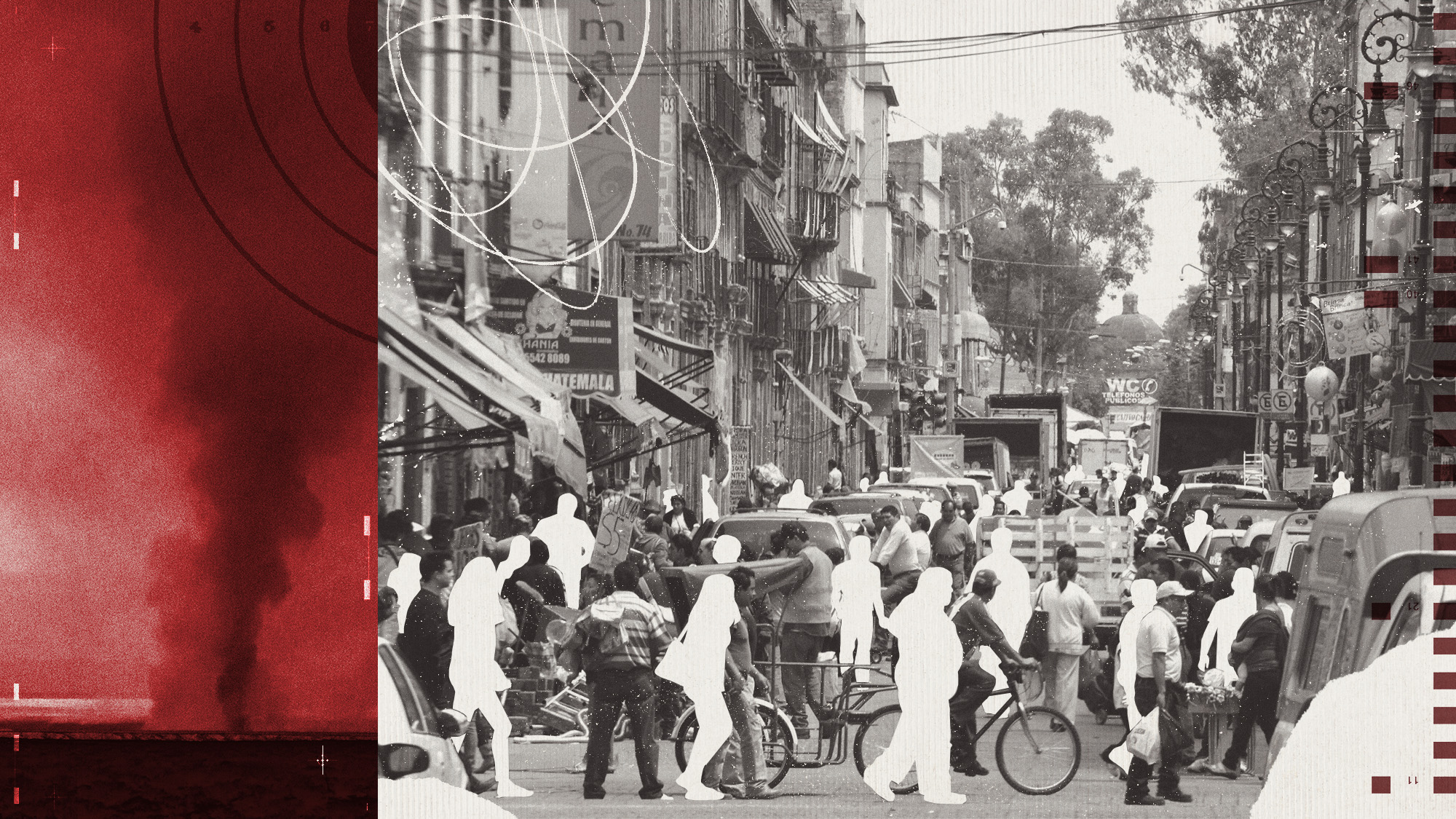 Mexico’s forced disappearances
Mexico’s forced disappearancesUnder the Radar 130,000 people missing as 20-year war on drugs leaves ‘the country’s landscape ever more blood-soaked’
-
 Illicit mercury is poisoning the Amazon
Illicit mercury is poisoning the AmazonUnder the Radar 'Essential' to illegal gold mining, toxic mercury is being trafficked across Latin America, 'fuelling violence' and 'environmental devastation'
-
 The violent turn 'pedophile hunters' have taken in the US
The violent turn 'pedophile hunters' have taken in the USIn the Spotlight These influencers have taken catching predators to another level
-
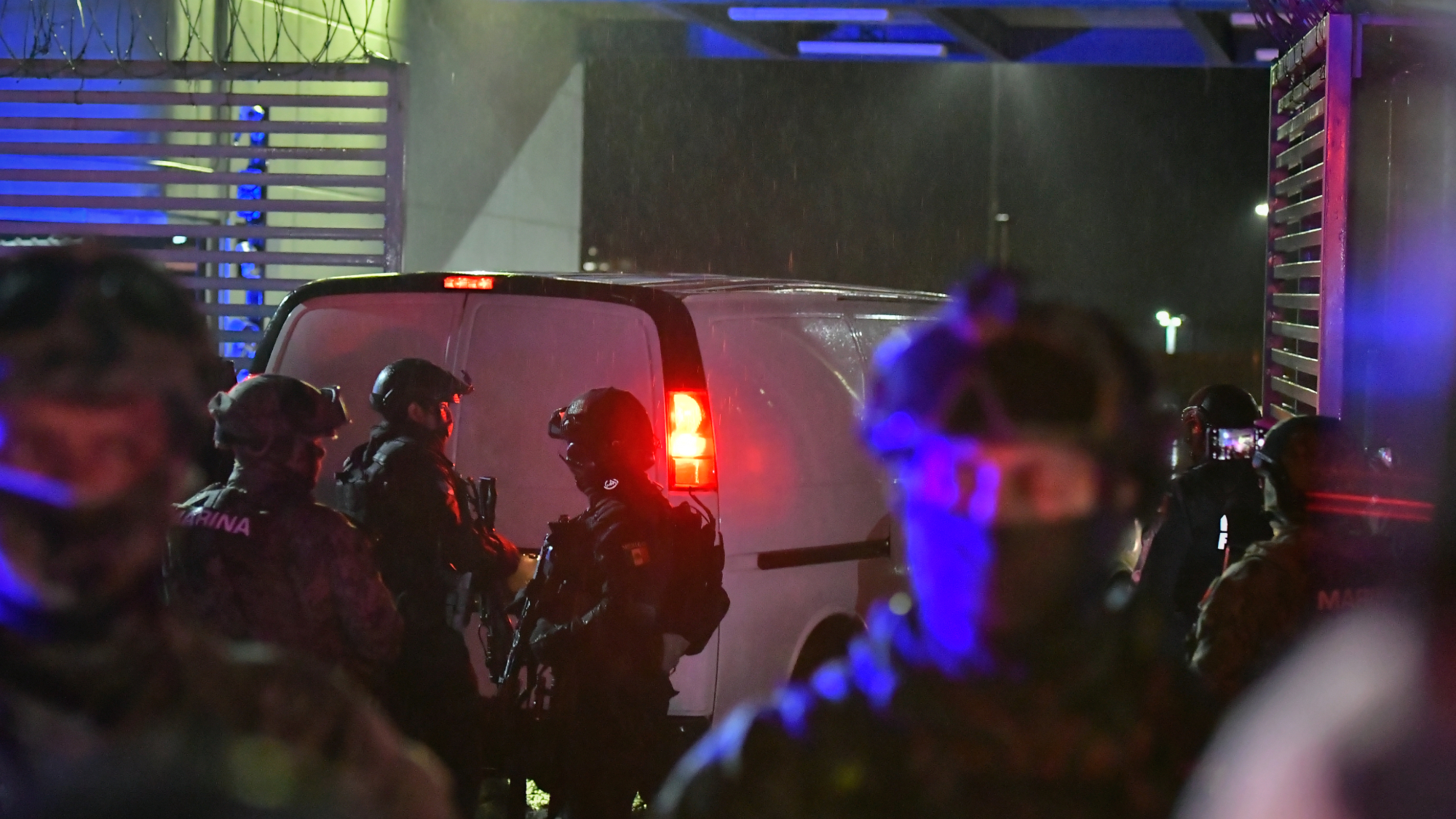 Mexico extradites 29 cartel figures amid US tariff threat
Mexico extradites 29 cartel figures amid US tariff threatSpeed Read The extradited suspects include Rafael Caro Quintero, long sought after killing a US narcotics agent
-
 Haitian gangs massacre hundreds accused of 'witchcraft'
Haitian gangs massacre hundreds accused of 'witchcraft'Under the Radar Vodou practices blamed for gang leader's son's illness, as elderly are hacked to death in Port au Prince
-
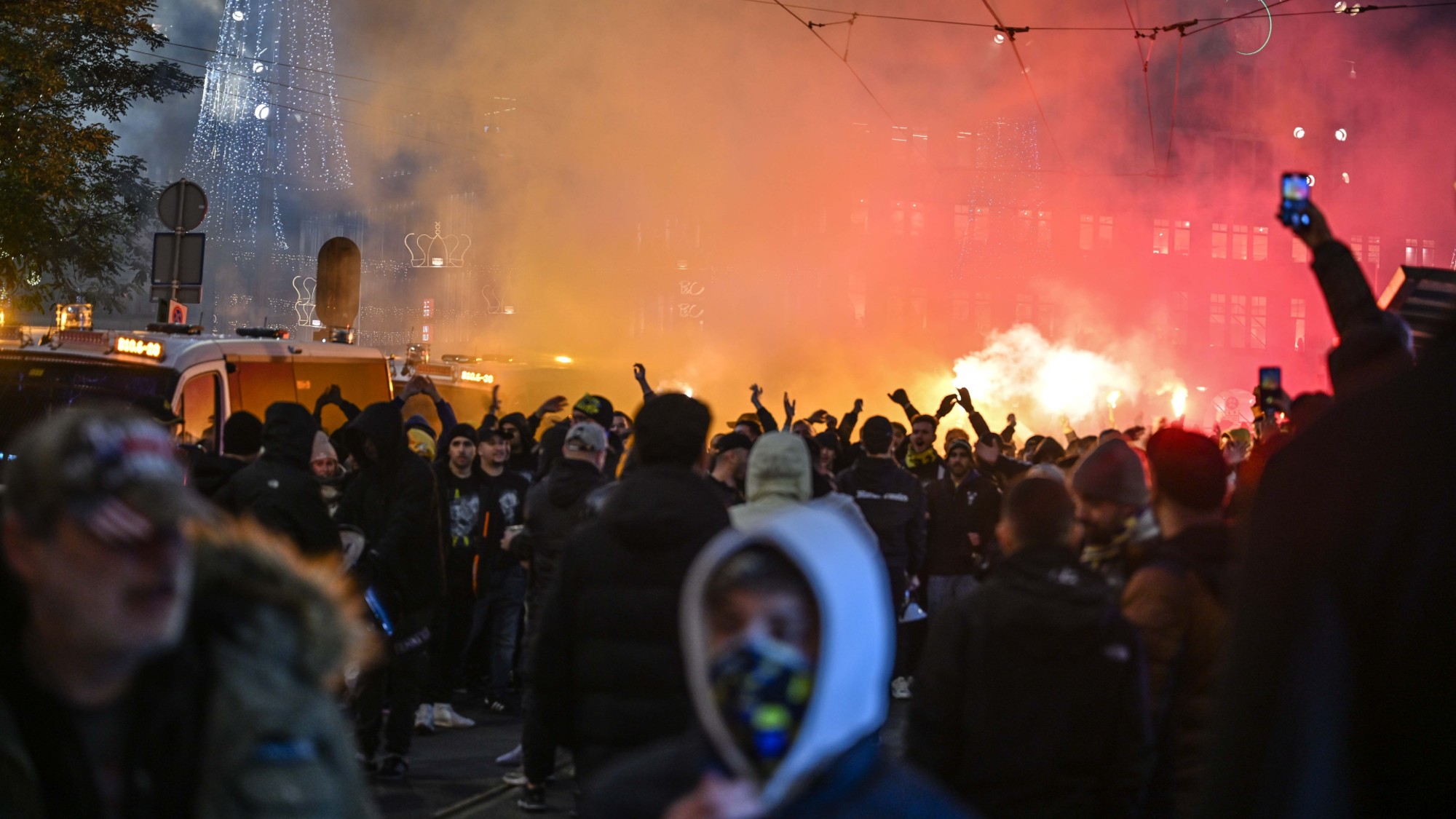 The safety of Israeli nationals abroad
The safety of Israeli nationals abroadIn the Spotlight Israel's president described violent riots and attacks on Israelis after Ajax-Maccabi Tel Aviv match as an 'antisemitic pogrom'
-
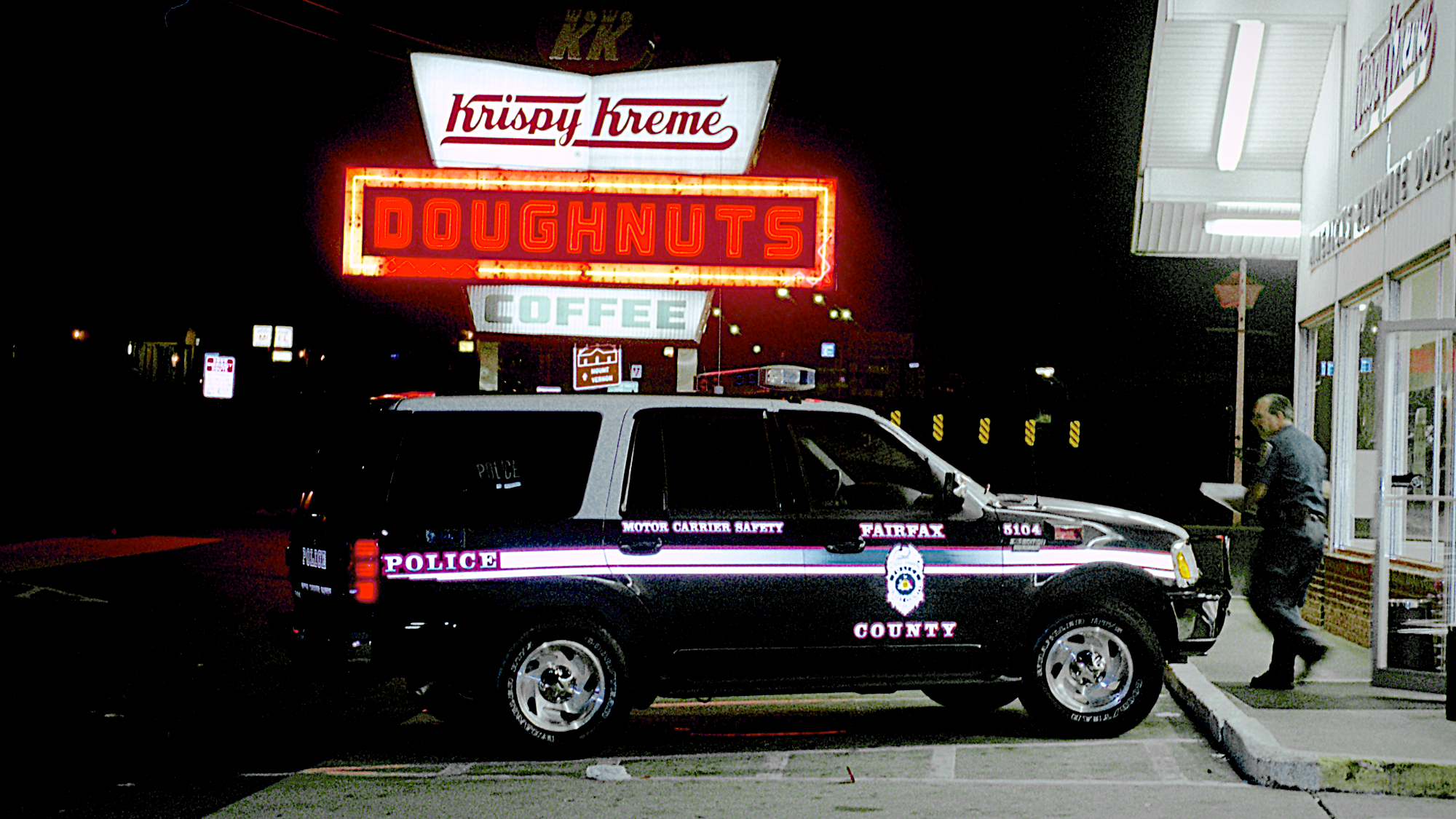 FBI: US violent crime falls again, hits pre-Covid levels
FBI: US violent crime falls again, hits pre-Covid levelsSpeed Read A wide-ranging report found that violent crime dropped 3% in the last year, while murder dropped 11.6%
-
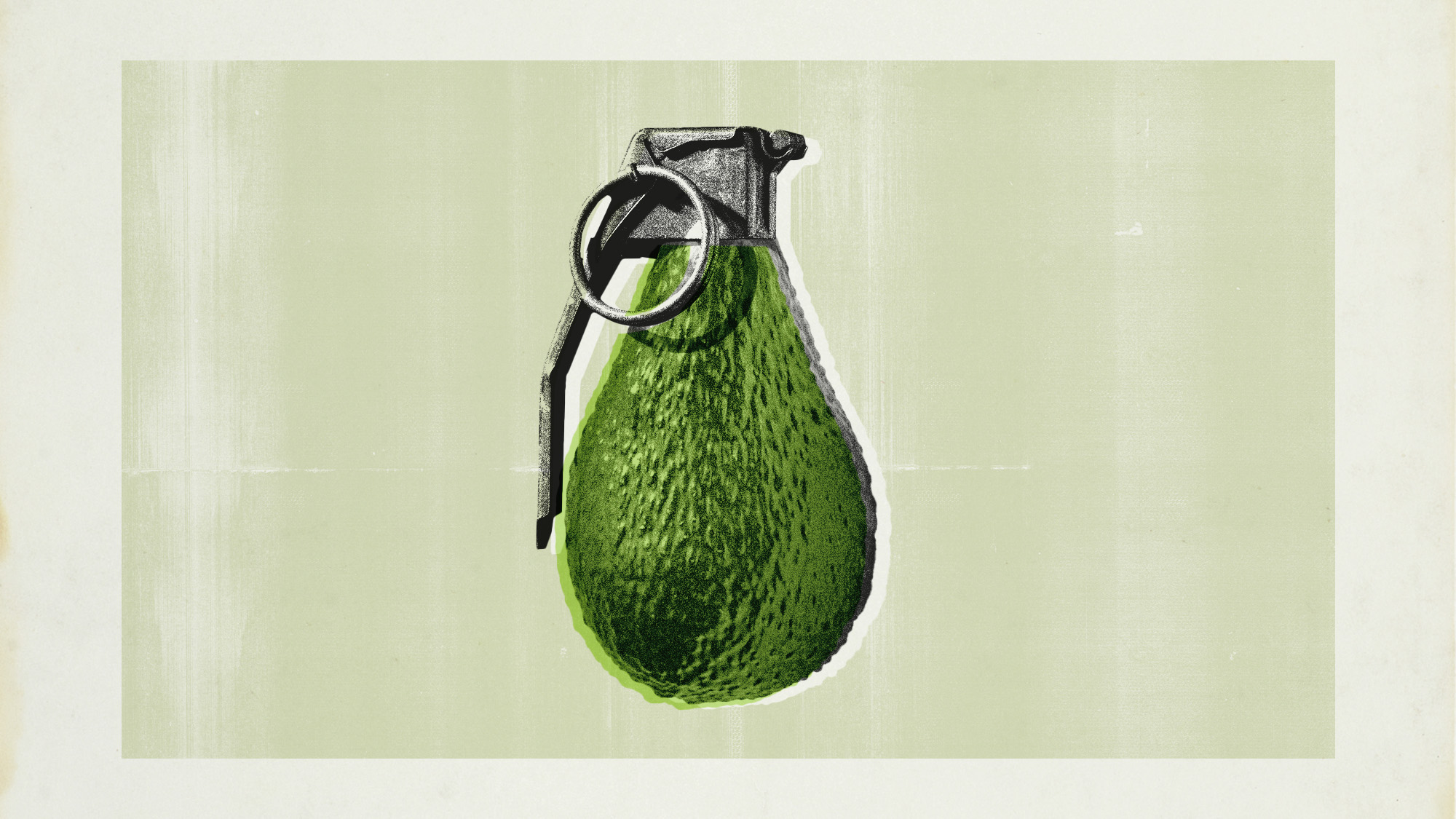 Mexico's avocado militias
Mexico's avocado militiasUnder The Radar The country supplies around 80% of the avocados eaten in the US but they have now been branded 'blood diamonds'
